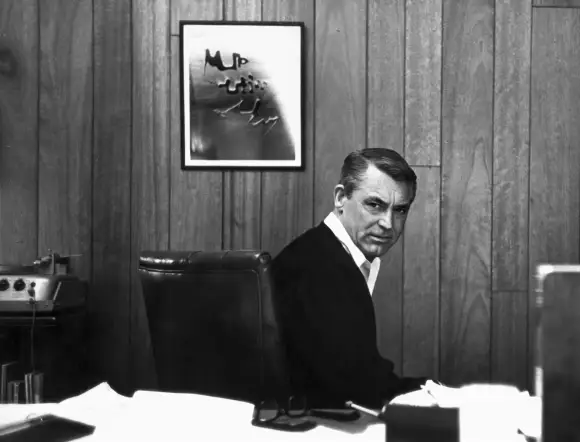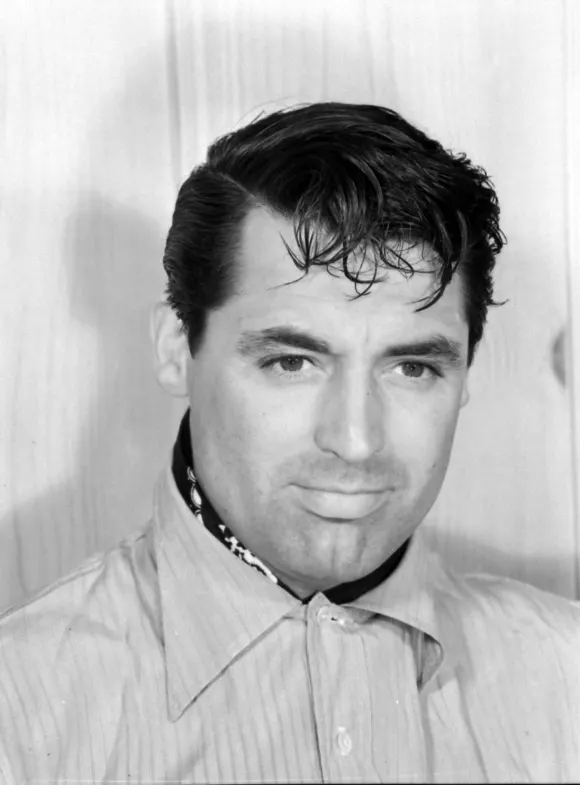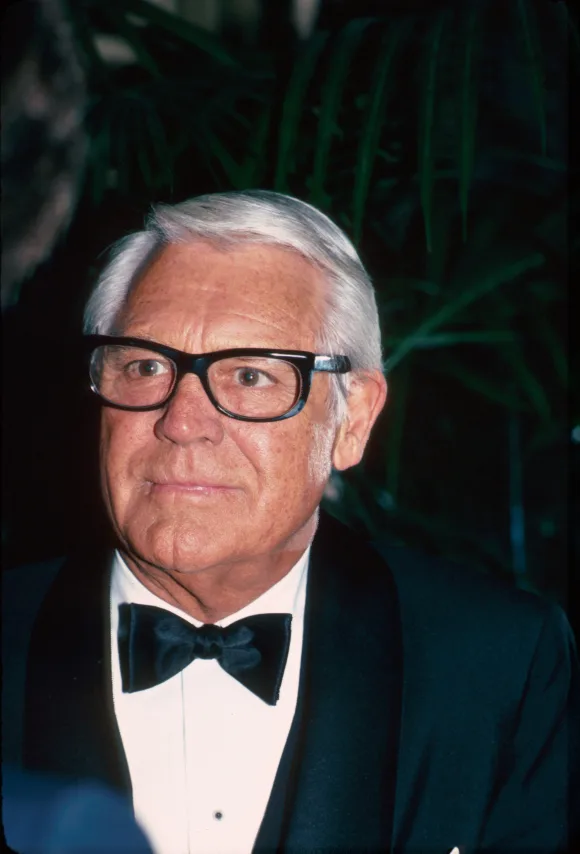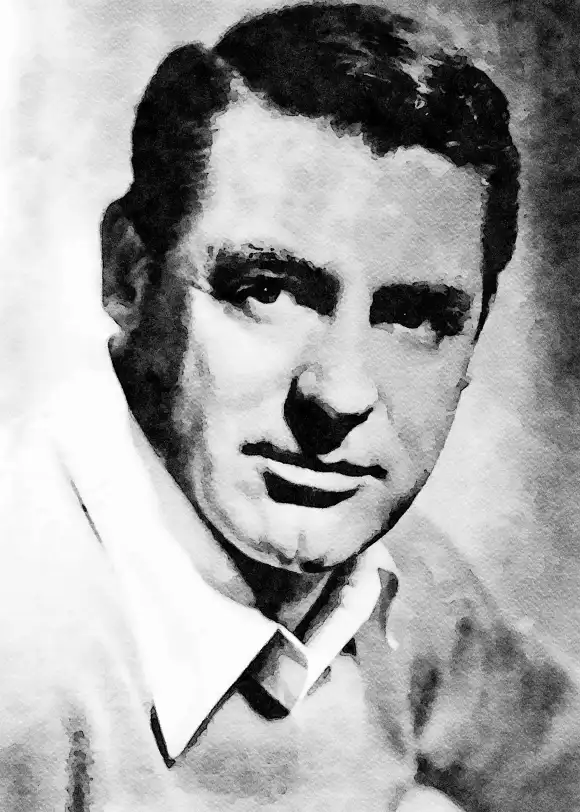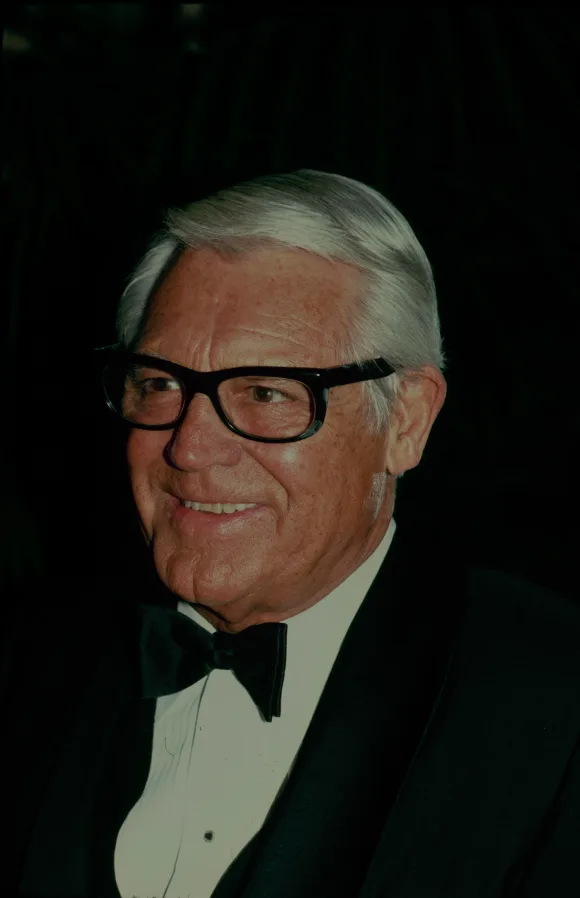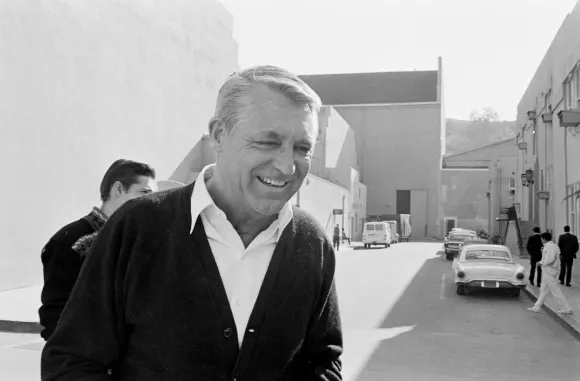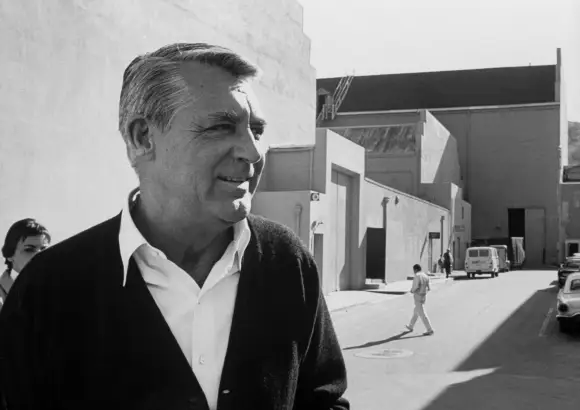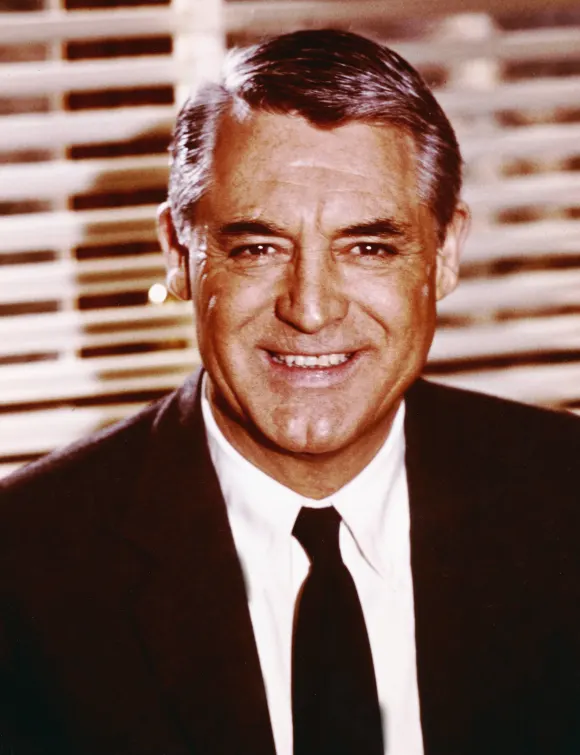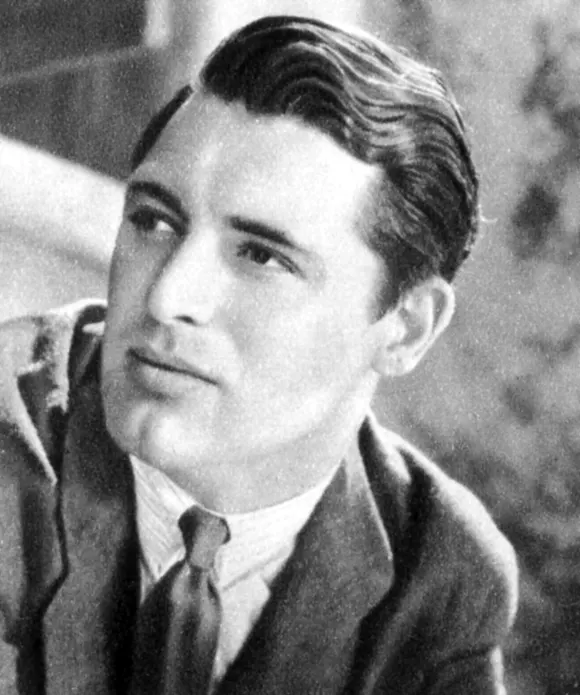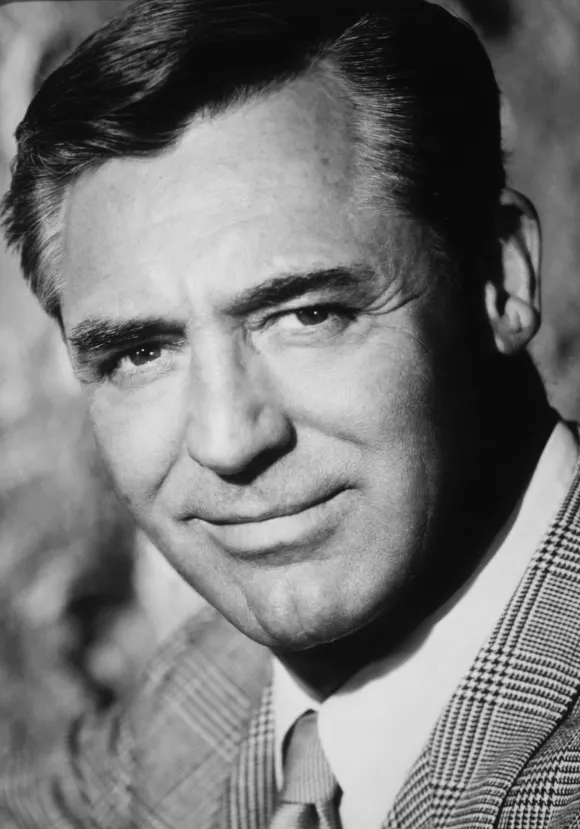Cary Grant, born Archibald Alec Leach on January 18, 1904, in Bristol, England, is widely regarded as one of Hollywood’s most iconic and suave leading men. He epitomized sophistication, charm, and wit on-screen, starring in a career-defining string of romantic comedies and thrillers, such as 'The Philadelphia Story' (1940), 'Notorious' (1946), and 'North by Northwest' (1959)
Retro Blast: Cary Grant's Battle With His Inner Demons
His on-screen persona—polished, confident, and effortlessly charming—was the antithesis of the personal struggles he endured throughout his life. Beneath the perfect exterior, Grant fought a lifetime of personal demons, grappling with deep-seated issues related to his upbringing, his identity, and his sense of self-worth.


